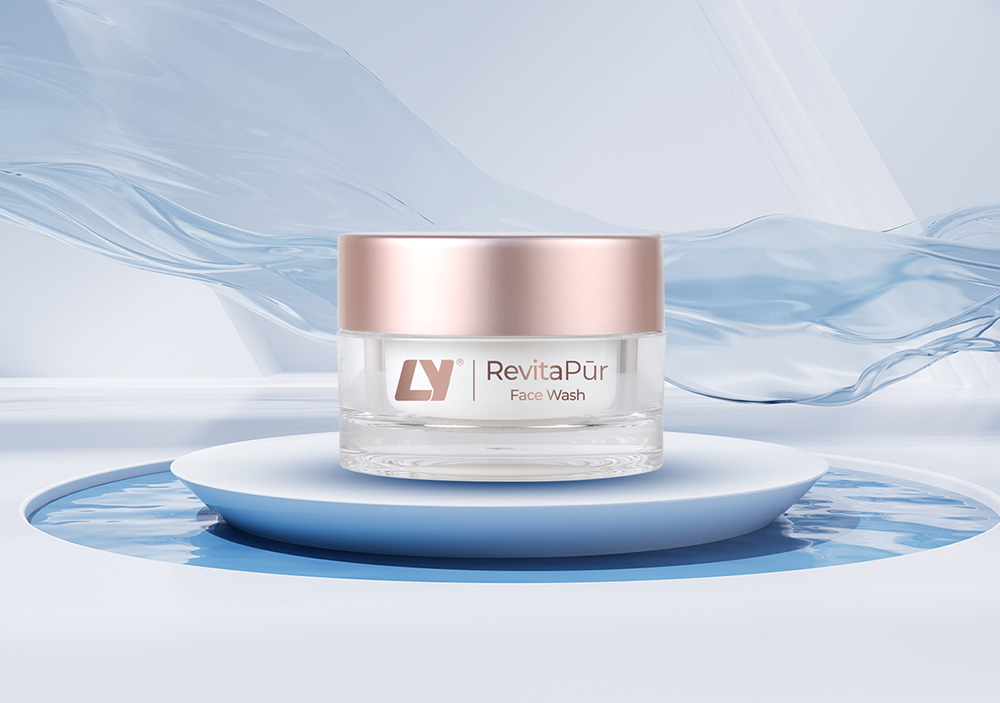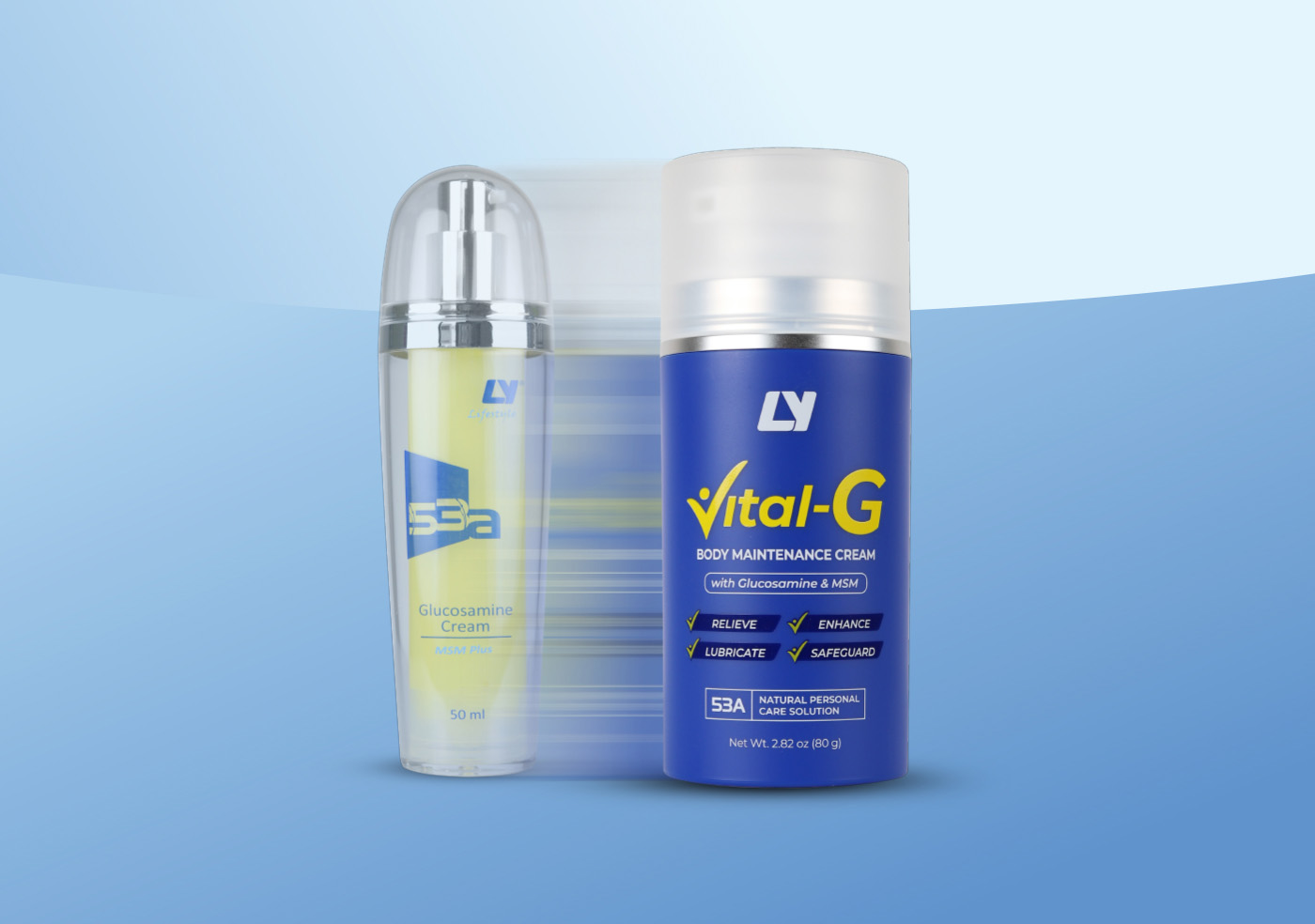IRB Processes: What They Are and Why They Matter for Products
by LYL Admin, 05 Dec, 2024
IRB Processes: What They Are and Why They Matter for Products
The Institutional Review Board (IRB) plays a critical role in safeguarding ethical standards in research, particularly when human subjects are involved. Whether for medical devices, pharmaceuticals, or consumer goods, IRB processes ensure that studies are conducted with the utmost integrity, prioritizing participant safety and research validity. This article explores the purpose, procedures, and significance of IRB processes, shedding light on their essential role in product development.
What Is an IRB?
|
Key Processes in IRB Review1) Initial Review and Approval Before any study begins, researchers must submit a detailed protocol to the IRB. This document includes the study’s purpose, methodology, risk assessments, and informed consent forms. The IRB evaluates:
|
Why Do IRB Processes Matter?1) Ethical Safeguards By adhering to IRB standards, researchers uphold ethical principles such as respect for persons, beneficence, and justice. This fosters trust between researchers and participants, encouraging public willingness to engage in studies.2) Regulatory Compliance For products requiring regulatory approval, such as drugs or medical devices, IRB approval is often a prerequisite for submitting data to authorities like the U.S. Food and Drug Administration (FDA) or the European Medicines Agency (EMA). Noncompliance can result in legal penalties and delayed market entry.3) Quality Assurance IRB processes help ensure that data collected is credible and reliable. For example, poorly designed studies without ethical oversight could lead to flawed conclusions, jeopardizing both public safety and company reputations. |
|
Professional References
- Department of Health and Human Services (HHS). “Protection of Human Subjects,” 45 CFR 46.
- National Commission for the Protection of Human Subjects of Biomedical and Behavioral Research. “The Belmont Report.”
- World Medical Association. “Declaration of Helsinki: Ethical Principles for Medical Research Involving Human Subjects.”
- U.S. Food and Drug Administration. “Institutional Review Boards Frequently Asked Questions.”
In conclusion, IRB processes are indispensable for ensuring ethical integrity and scientific validity in research. By understanding these processes, the public can appreciate the rigorous safeguards in place to protect participants and advance innovation responsibly.
Other Articles

LY 12A RevitaPūr Face Wash
It is imperative to choose a facial wash that suits your skin type and lifestyle. Using the right fa...

How LY Vital-G Body Maintenance Cream Su...
The LY Vital-G Body Maintenance Cream, formulated with Glucosamine and MSM, is designed to promote j...

LY 53A Vital-G Body Maintenance Cream (w...
Unlock the secret to long-term vitality and holistic body wellness. Combining natural ingredients wi...

LY Anti-Aging CC Primer | New Fragrance ...
Discover LY Anti-Aging CC Primer Cream – the effortless beauty essential that hydrates, protec...



 Real-World Applications
Real-World Applications